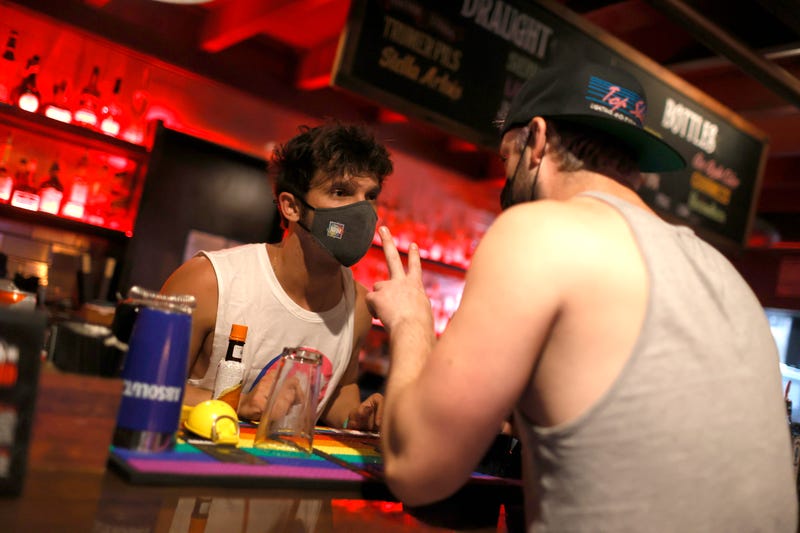
In July, 50% of the coronavirus cases in San Francisco were among millennials, or residents aged 25 to 39.
It's a similar story across much of the Bay Area, and medical researchers believe that increased prevlaence is due to a number of reasons.
Dr. Peter Chin-Hong, a professor of medicine and specialist in infectious diseases at UCSF, told KCBS Radio on Monday many younger adults are more social than other age groups and more apt to be exposed to the virus.
Especially the quickly spreading delta variant.
"A lot of folks are on the fence," Dr. Chin-Hong said. "They are waiting for (full U.S. Food and Drug Administration) approval. In fact, data shows that one third of unvaccinated Californians are still waiting for full FDA approval."
Many millennials believe they are too healthy to become sick and less likely to test positive for COVID-19, according to Dr. Peter Chin-Hong. In San Francisco, for instance, just over 72% of adults aged 25 to 34 have received a vaccine shot.
Adults in that age bracket comprise 23% of the city's population, but only 22% of vaccine recipients. The only other age group underrepresented among the city's share of vaccinated residents compared to its portion of the population are children under 12, none of whom are eligible to receive a COVID-19 vaccine yet represent 10% of city residents.
There are clear risks for younger adults waiting to get vaccinated.
Medical care professionals, from coast to coast, have witnessed the delta variant in unvaccinated younger adults lead to major sickness and hospitalization. The delta variant has a much higher viral load than other previously dominant strains, significantly increasing the chances of a severe case.
For younger, healthier adults, time is running out.
"If we had a magic wand and we could tell who's going to get infected, I think we wouldn't be having this discussion," he said. "But until then, I think everyone has to be protected and get vaccinated."
Since delta has taken hold, many vaccine doubters are stepping forward and changing their minds. Just last week, Dr. Chin-Hong said there was a 30% increase among previously undecided people receiving their first COVID-19 vaccine shot.

